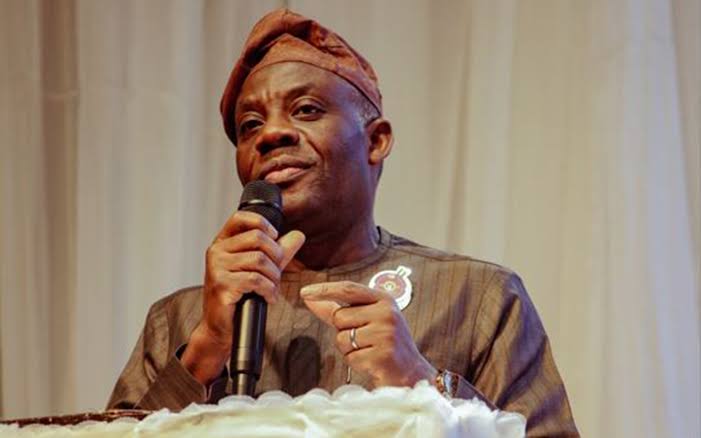
The Federal Government has reinstated Nigerian History as a compulsory subject in the basic education curriculum to promote national identity, unity, patriotism, and responsible citizenship.
The Federal Ministry of Education disclosed this in a statement posted on its official X handle on Wednesday.
“For the first time in decades, Nigerian pupils will study History continuously from Primary 1 to JSS3, while SSS1–3 students will take the new Civic and Heritage Studies, integrating History with Civic Education,” the statement read.
“Primary 1–6: Pupils will learn about Nigeria’s origins, heroes, rulers, culture, politics, economy, religions, colonial rule, and post-independence governance.
“JSS1–3: Students will study civilisations, empires, trade, European contacts, amalgamation, independence, democracy, and civic values.”
According to the Ministry of Education, this reform is a priceless gift to the nation, reconnecting children with their roots while inspiring pride, unity, and commitment to national development.
The ministry has unveiled the revised curriculum and outlined plans to retrain teachers, provide learning materials, and enhance monitoring.
History was first removed from the primary and junior secondary school curricula in the 2009/2010 academic session following the launch of the New Basic Education Curriculum in 2007. The official reasons cited for its removal included students’ lack of interest in the subject, limited career opportunities for History graduates, and a shortage of qualified teachers.
In 2017, the Nigerian Educational Research and Development Council announced plans to reintroduce History into the primary and junior secondary curricula starting from the 2018/2019 academic session.
By 2022, the Federal Government began the first phase of a teacher training programme to restore History as a stand-alone subject in the basic education curriculum.








